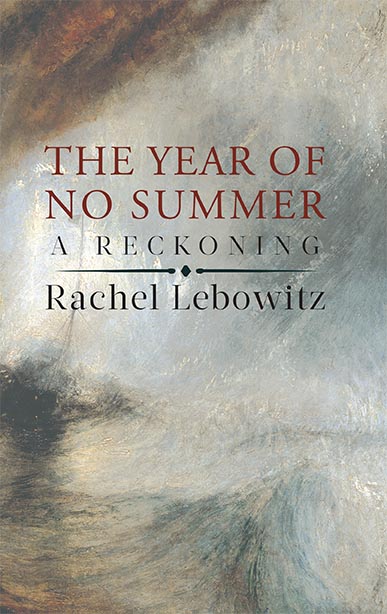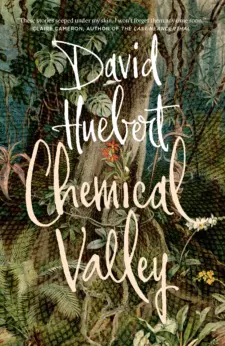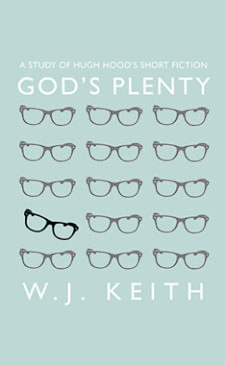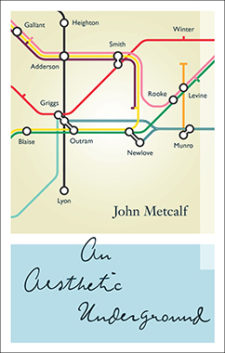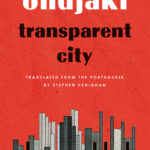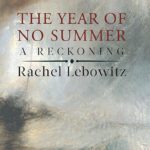Description
“Lebowitz highlights the parables, fables and myths we humans created in order to weave meaning into our lives and to which we return for comfort.” —Atlantic Books Today
On April 10th, 1815, Indonesia’s Mount Tambora erupted. The resulting build-up of ash in the stratosphere altered weather patterns and led, in 1816, to a year without summer. Instead, there were June snowstorms, food shortages, epidemics, inventions, and the proliferation of new cults and religious revivals.
Hauntingly meaningful in today’s climate crisis, Lebowitz’s lyric essay charts the events and effects of that apocalyptic year. Weaving together history, mythology, and memoir, The Year of No Summer ruminates on weather, war, and our search for God and meaning in times of disaster.
Praise for The Year of No Summer
“Disparate musings cohere into a lyrical meditation on violence, disaster, and humanity’s yearning for solace.” —Kirkus
“Follows in the footsteps of Claudia Rankine, Maggie Nelson, Daphne Marlatt, and Anne Carson…these essays cling to you long after you’ve read them, like lingering grains of wet, black sand.” —Literary Review of Canada
“Lebowitz has found in this event a rich vein to mine in her impressionistic lyric essay, combining history, poetry, memoir, fable and storytelling to bring to the page her take on that apocalyptic time.” —Toronto Star
“Darkly fascinating…Lebowitz highlights the parables, fables and myths we humans created in order to weave meaning into our lives and to which we return for comfort.” —Atlantic Books Today
“Sobering.” —Geist
“An inherently fascinating and informative read from first page to last…as thoughtful and thought-provoking as it is historically accurate and contemporarily relevant. Exceptionally well written, organized and presented.” —Midwest Book Review
“In these surprising, melancholic, and perceptive essays, Lebowitz finds a new form to witness, if not explain, the “still body—the still-fierce beating heart” of life on earth.” —Canadian Literature
Praise for Rachel Lebowitz
“Lebowitz succeeds in extracting gems from the ambitious sweep of time and geography that the narrative embraces, and her presentation of her subject matter welcomes us into a strange and brutal world.”—ARC Poetry
“Rachel Lebowitz is quickly becoming one of the best collagist poets in Canada today…What unfolds is a breathtaking, eerie and oddly beautiful look at the vicious underbelly of capitalism…”—Fiddlehead

